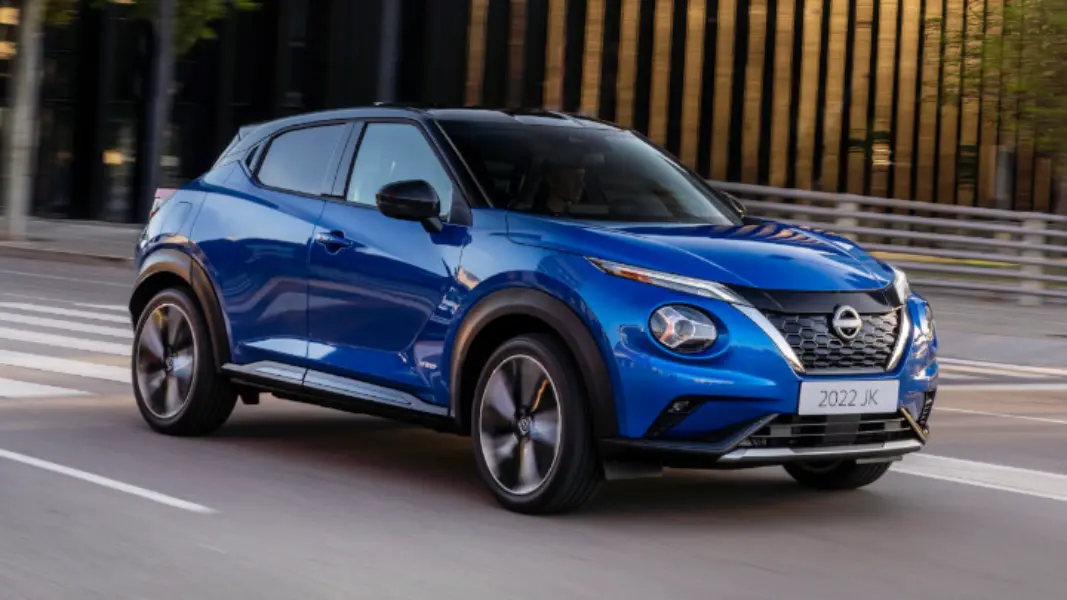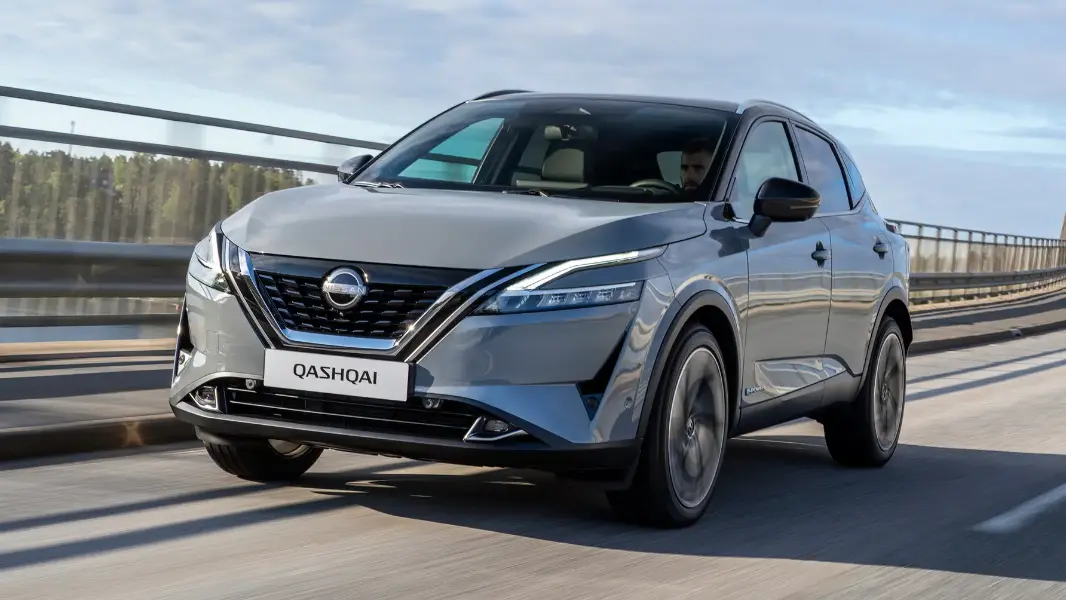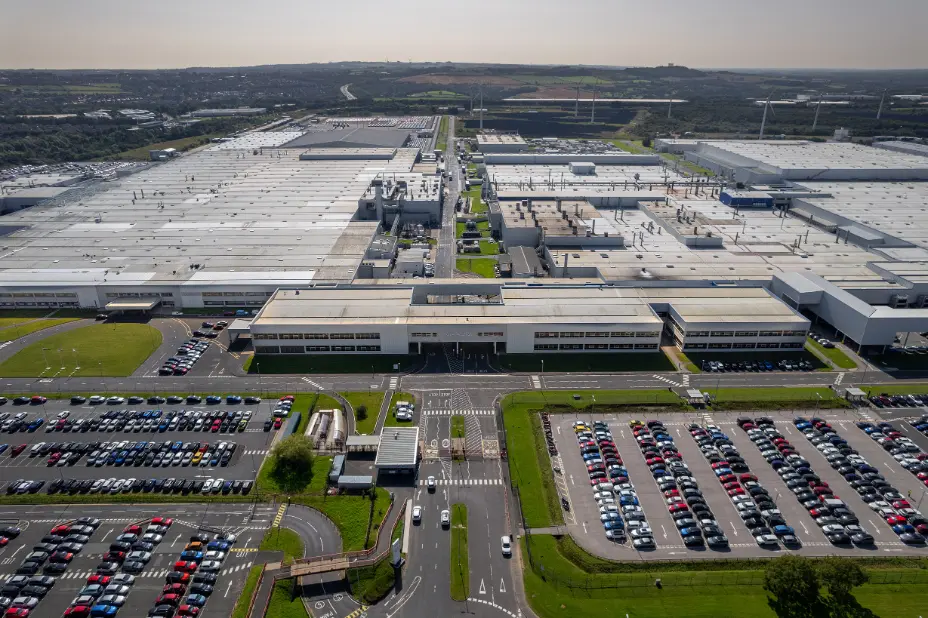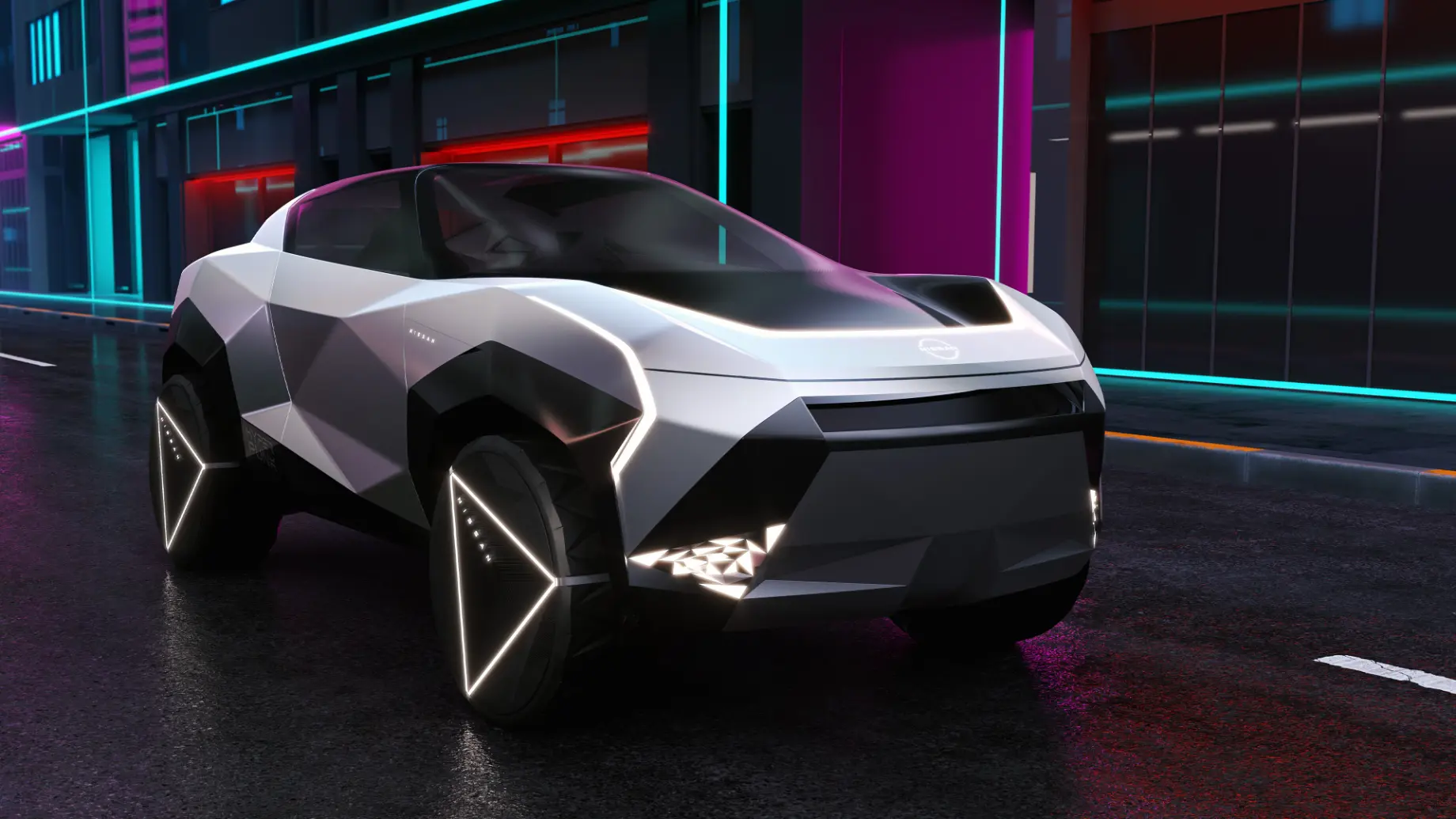- Nissan invests £1 billion in Sunderland for new electric Qashqai and Juke models.
- Constructs EV360 battery factory to boost UK’s EV capacity.
Nissan will announce on Friday that its new electric models of Qashqai and Juke will be manufactured at its Sunderland site, securing approximately 6,000 jobs, Sky News reported on Wednesday. This significant investment, estimated at £1 billion ($1.25 billion), is supported by the UK government’s Automotive Transformation Fund (ATF). Notably, the Qashqai has been a best-seller in the UK, accounting for a fifth of the country’s car production since its launch in 2007.
The ATF, having received a £2 billion boost in Wednesday’s Autumn Statement, plays a crucial role in this development. Nissan is currently constructing the EV360 battery factory at the site, which is poised to produce up to 35GWh batteries annually – about a third of the UK’s expected capacity needs by 2030. This move cements Nissan’s unique position as the only car manufacturer in the UK with its own dedicated battery factory, owned by the Chinese company AESC and serving Nissan exclusively.


Also read: Nissan is going all-electric in Europe: It’s waving petrol goodbye by 2030
Brexit leads to higher costs
Last year saw a significant expansion of this battery factory, supported by ATF and Sunderland Council contributions, involving around £100 million of public funds. However, post-Brexit trade rules, effective from January next year, impose a 10% tariff on cars sold between the UK and the EU unless manufacturers source 45% of their components by value from within these regions. These rules aim to shield European industry from cheap imports.
With batteries being the most expensive component of electric vehicles, some manufacturers in the UK and EU have expressed concerns about meeting this threshold, prompting calls for a delay in these requirements. Stellantis, owning brands like Vauxhall, Peugeot, Citroën, and Fiat, warned in May that it might close UK factories if Brexit negotiations don’t revisit these terms, citing potential uncompetitiveness in EV manufacturing costs.

Also read: UK aims for fully self-driving cars by 2026
Nissan’s strategic move and future prospects
However, Nissan’s most successful models, the electric Qashqai and Juke, will avoid these tariffs as their battery packs are produced on-site at the Chinese-owned factory. The company started producing electric Juke and Qashqai models in North East England last year and has committed to producing the successor to its Leaf electric car at its Sunderland plant.
Currently, the only factory in the UK producing electric car batteries is the one next to Nissan’s Sunderland factory. In comparison, the EU has 35 factories either operational, under construction, or planned. Meanwhile, Jaguar Land Rover’s owner Tata plans to build a £4 billion plant in Somerset, set to commence production in 2026.
Nissan, as a large profitable manufacturer, benefits from key corporate tax changes announced in the Autumn statement. A policy called “Full expensing” allowing businesses to offset 100% of new plant and machinery investments against profits, was made permanent by the Chancellor on Wednesday. Despite the government postponing the ban on new petrol and diesel car sales from the initially planned year to 2035, Nissan declared in September that it would only produce electric vehicles by 2030. CEO Makoto Uchida emphasized that this decision aligns with the best interests of their business, customers, and the planet. However, the Office for Budget Responsibility, alongside the Autumn Statement, lowered its prediction for electric vehicle sales in the UK by 2027, projecting that only 38% of new cars sold will be electric, a decrease from the 67% forecast in March.

